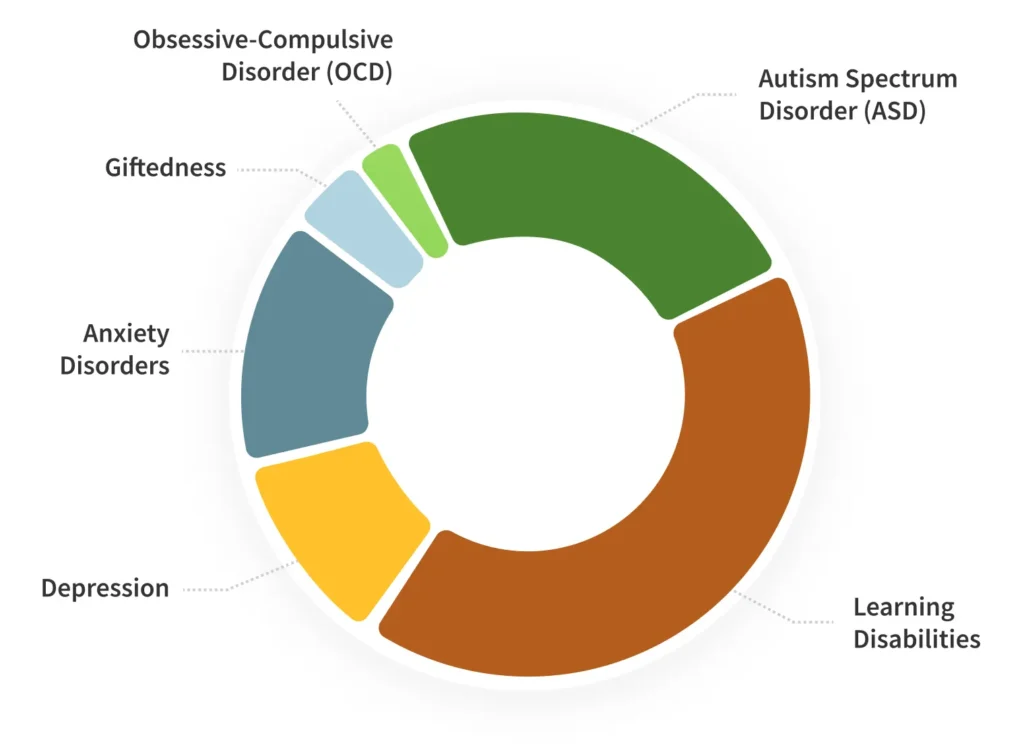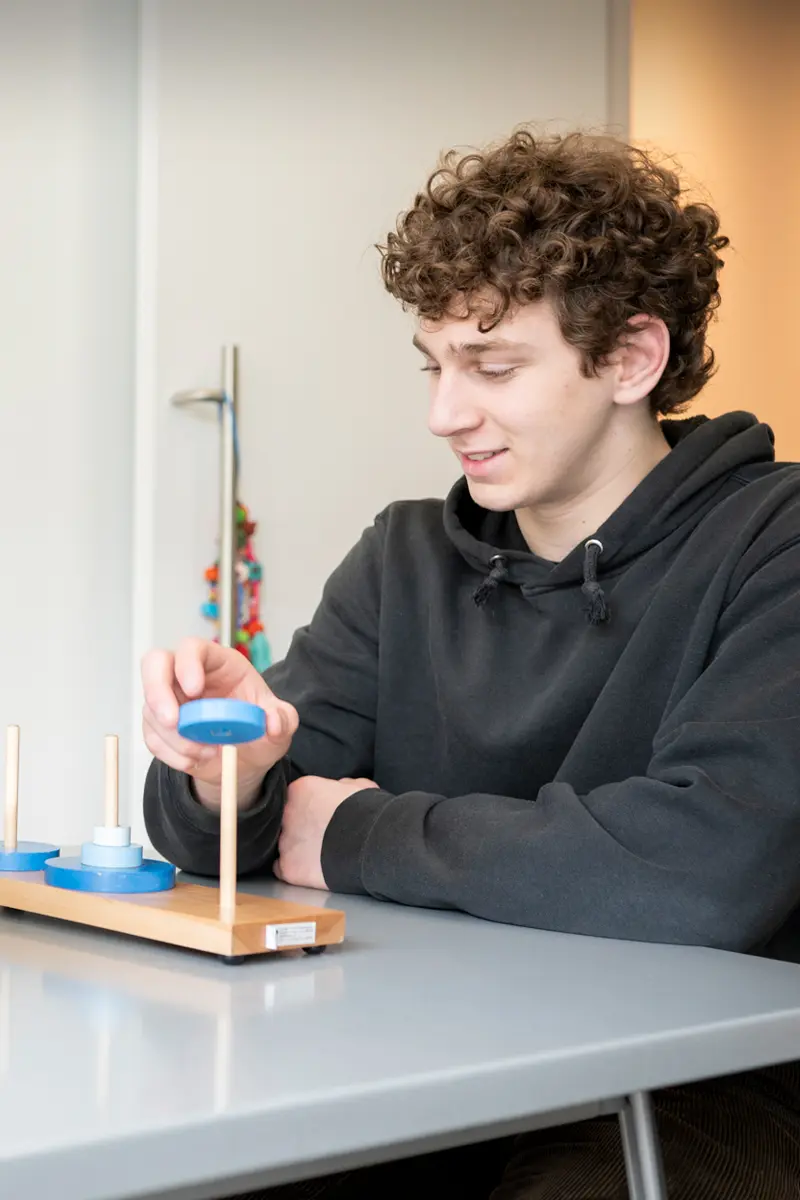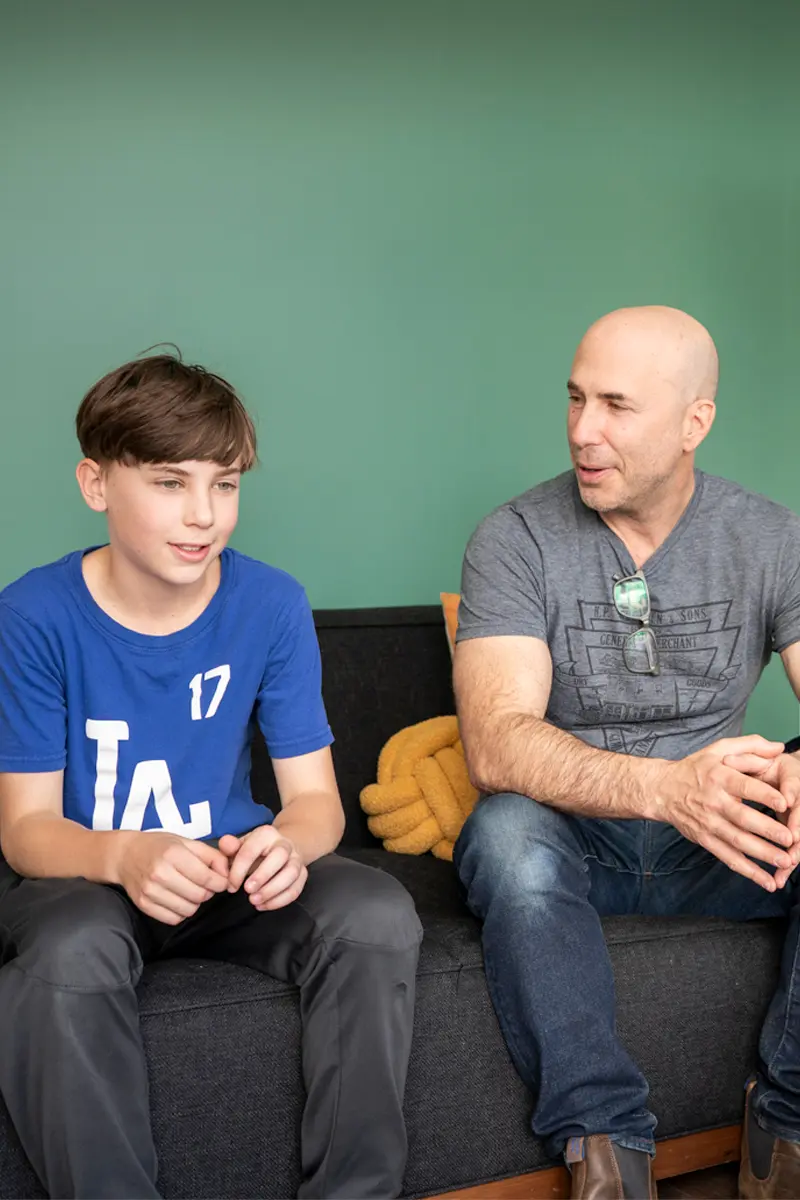ADHD is complex and often occurs alongside other conditions that affect learning, emotions, and behaviour. These are called comorbid or co-occurring conditions, and they are very common.
“I finally understood why my son’s struggles with attention and anxiety were connected. Having the full picture changed everything — for us and for him.”
Get SupportAnxiety
Many kids and teens with ADHD also experience anxiety. This can look like excessive worry, avoidance of certain situations, or physical symptoms like stomachaches or headaches. Anxiety can make it harder to focus, manage emotions, and navigate social or academic settings.
Depression
Low mood, lack of interest in previously enjoyed activities, or feelings of hopelessness can sometimes occur alongside ADHD. Depression can make it harder to stay motivated or keep up with daily responsibilities.
Learning disabilities
Learning differences, such as dyslexia or challenges with math or written expression, are often seen alongside ADHD. These difficulties can add to frustration at school, especially when academic expectations grow.
Autism
ADHD and Autism frequently overlap, with challenges in areas like social communication, sensory processing, or self-regulation. Supporting both conditions can help your child navigate their unique needs and build essential skills.
Obsessive compulsive disorder
Obsessive Compulsive Disorder (OCD) often co-occurs alongside ADHD, with repetitive thoughts or behaviours that can take up time and energy. This combination can make it even harder to manage daily life. Supporting both conditions effectively can help reduce overwhelm and create space for growth.
Giftedness
Gifted kids with ADHD often feel the disparity between their exceptional abilities and their lagging executive function skills. This gap can lead to feelings of underachievement, frustration, or low self-esteem, especially when they can’t meet their own or others’ expectations. Supporting both their strengths and challenges helps them build confidence and reach their full potential.
Learn more about gifted assessments
Adjustment disorders
Transitions, changes, or stressful events can be especially difficult for kids with ADHD, leading to heightened emotional or behavioural responses. Adjustment disorders often overlap with ADHD, making flexibility and coping feel more challenging.
Sensory processing issues
Kids with ADHD often struggle with sensory processing issues [definition], making it hard to focus, stay calm, or engage in daily activities. We address these needs by providing targeted strategies and activities to help them process and respond to sensory information more effectively.
How occupational therapy can help support sensory processing needs
Sleep challenges
ADHD can make falling or staying asleep harder, and poor sleep can worsen focus, mood, and behaviour the next day. Providing tools and strategies to address sleep challenges can create meaningful improvements in daily life.











